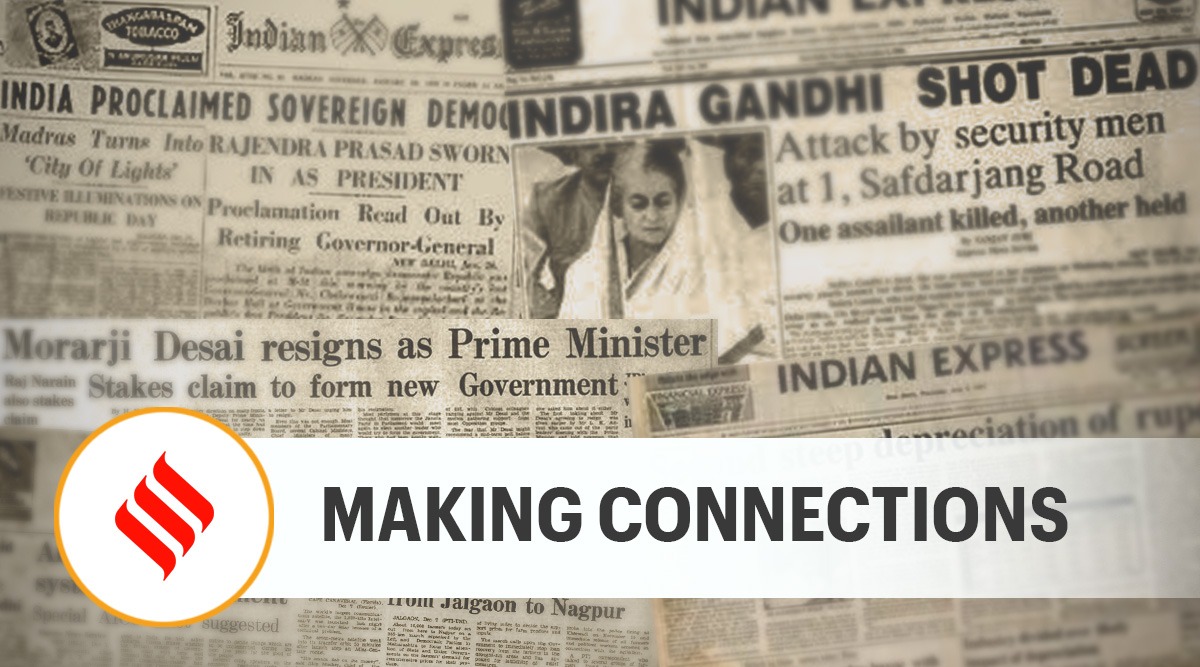 India does figure prominently in Central Asia’s strategy of diversifying their regional relations.
India does figure prominently in Central Asia’s strategy of diversifying their regional relations. India was among the first countries to recognise the Central Asian Republics after the collapse of the Soviet Union three decades ago. Delhi, which had privileged access to Soviet Central Asia thanks to its special relationship with Moscow during the Cold War, hoped for a quick flowering of ties. Despite the much celebrated historical and civilisational relationship between India and Central Asia and the rekindled geopolitical romance, Delhi has struggled to build a productive relationship. India’s annual trade with the region has been stuck at around $2 billion. China’s trade with the region in contrast stands at more than $40 billion. As the US enthusiasm for Central Asia faded within a decade, Russia’s deep structural links endured, and a rising China became an important economic partner, India seemed quite marginal to the region. As in other parts of the extended neighbourhood, the gap between India’s reach and grasp appeared quite large.
This week’s summit — the first ever with the five leaders of Central Asia, Kazakhstan, Kyrgyzstan, Tajikistan, Uzbekistan and Turkmenistan — was about overcoming the persistent obstacles to a productive economic relationship and finding a new basis for political engagement and security cooperation. In fact, the five leaders were scheduled to join the Republic Day celebrations this week in a powerful demonstration of the region’s collective interest in India. But the pandemic forced the shift to a virtual mode. That the leaders of the five Central Asian states, already part of the so-called Shanghai Cooperation Organisation led by Russia and China — India is also a member — are willing to engage India in a separate format suggests that there is considerable interest in deeper ties. Although Delhi’s weight may not match that of Moscow or Beijing in the region, India does figure prominently in Central Asia’s strategy of diversifying their regional relations.
As it looked to the revitalisation of ties, the summit’s focus was on two important themes. In the first, they addressed the principal constraint on developing deeper ties —lack of connectivity between India and land-locked Central Asian Republics. Pakistan’s refusal to give overland trade and transit facilities to India and the political instability in Afghanistan have meant the natural routes between India and Central Asia have remained blocked. The two sides have now set up a joint working group that will intensify the effort to use Iran’s Chabahar port to promote “free movement of goods and services between India and Central Asia”. Complementing the focus on overland connectivity is the emphasis on security. The return of the Taliban to power in Afghanistan has shaken the Central Asian governments, all of whom are vulnerable to the forces of terrorism and religious extremism. The shared interest between India and Central Asia in containing the forces of destabilisation emanating out of Afghanistan is encouraging the two sides to institutionalise political coordination and deepen security cooperation. The challenge now is to turn the proclaimed political will into concrete outcomes on connectivity and security.
This editorial first appeared in the print edition on January 29, 2022 under the title ‘Making connections’.
- The Indian Express website has been rated GREEN for its credibility and trustworthiness by Newsguard, a global service that rates news sources for their journalistic standards.

